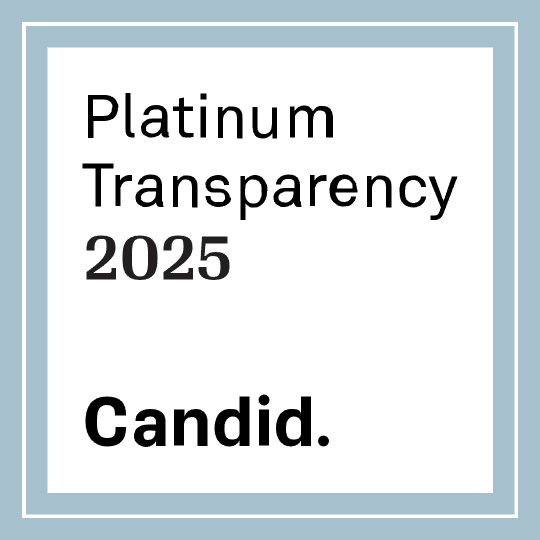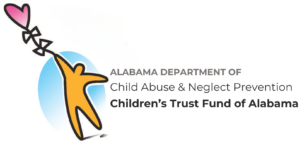In my first week out of rehab, I met my first AA sponsor at a local meeting. I did not know who she was, and I had never heard her speak before. She approached me after a meeting, started a conversation, and offered to be my sponsor.
Although I did not know anything about this woman besides the fact that she was half my height, half my weight, and outgoing enough to start a conversation with me–the shy girl standing in the corner, I eagerly accepted her offer. During rehab, I was told to get a sponsor and do the 12-Steps, so who was I to say no?
This sponsor proceeded to take me through the 12-Steps, answer each and every one of my phone calls no matter the hour, and introduce me to a group of women, who became my sober support network. She helped me establish a sober life and make a connection with a Higher Power.
However, I had nothing in common with this sponsor. We had very different viewpoints on life, had different goals for our futures, and had virtually nothing to talk about besides sobriety. She was the perfect person to hold me accountable in early recovery and give me the tools to live sober, but our relationship outgrew itself after two and a half years.
I found myself with two options: find a new sponsor and break up with my current one or continue sticking with what got me sober in the first place.
Why Can it be Difficult to Change Sponsors?
I was nervous to end things with my first sponsor for a variety of reasons. First, I was afraid that if I stopped working with the person, who taught me this way of life, I would relapse. The second was that I was fearful of losing close connections with other women in my tight-knit sponsorship family. Additionally, I feared hurting my sponsor’s feelings. She had never sponsored anyone as long as she had me, and I was very involved in all of our sponsorship family’s activities There were several occasions when she mentioned how much sponsoring me helped her own recovery, so I felt an obligation to continue our sponsor-sponsee relationship. I truly did not want to let her down.
Breaking up with an AA sponsor can be difficult for a variety of reasons. First and foremost, many people in recovery, like myself, struggle with having healthy adult conversations. I was raised in a household that was very hush-hush. Many things were brushed under the rug, and I realized at a young age that my household was much calmer if I just kept my mouth shut.
The truth is, breaking up with a sponsor is a great opportunity to practice a healthy conversation with someone, who is supportive of you and your recovery.
Other reasons people may be afraid to change sponsors are:
- Fear that change will lead them to relapse
- Feeling unsure of whether a new sponsor will be better
- Fear of the unknown
Reasons You May Consider Breaking Up With Your Sponsor
If you are thinking about breaking up with your sponsor simply because you are sick of doing the whole “AA thing,” you may want to re-evaluate where you stand in your recovery and whether or not your sobriety is in jeopardy. However, there are many legitimate reasons why you may consider breaking up with your AA sponsor. A few examples include:
- You and your sponsor’s schedules do not match up anymore
- Your sponsor has stopped going to meetings, is no longer a role model for you in recovery, or has relapsed (remember, sponsors are people in recovery, too, and relapse happens)
- You do not feel safe or comfortable discussing personal topics with your sponsor
- Your sponsor is asking you to do something that goes against your morals or beliefs
- You or your sponsor have moved to a new city or state and are unable to meet up in person
- You feel like you have learned all you can from your current sponsor and are looking for something different
- Your sponsor is unable to dedicate as much time to you as you need
Why It Is Okay to Change Sponsors in a 12-Step Program
One thing I have learned in sobriety is that my recovery changes all the time. Some things that used to make me feel better do not work anymore. On the other hand, some situations that would make me feel powerless and scared are situations that I now find myself handling with grace. My needs have changed, my short and long-term goals have changed, and my sponsor’s needs and goals had changed, as well. After two and a half years working together, we simply were not a good fit anymore–and that was OK.
When I first got sober, I did not know how to stay sober. My first sponsor, however, had managed to get sober, stay sober, and help others get sober. At the time, that was all that mattered to me. I wanted help from someone–anyone–who could help me stop using drugs. She accomplished all of that and more and served a pivotal role in my recovery.
We were a great fit at a time, but I wanted something different. I wanted to continue to grow. My first sponsor offered me the gift of sobriety, but my second taught me how to let my sobriety turn me into a more confident, outspoken, and non-codependent person. And, when I am ready to move on to my third sponsor, that will be OK, too.
Whether you do not see eye to eye with your sponsor or you think you are looking for something more, it is okay to change sponsors in a 12-step program. Just be sure to have another sponsor, or a few prospective sponsors, in mind before ending things with your current sponsor so you’re not left drifting freely in the world of early recovery.
Changing sponsors is completely normal, acceptable, and even expected in the world of 12-Step programs. You should not feel bad about changing sponsors, and if your sponsor is mature enough to hold a healthy adult conversation, he or she should be supportive of you and understand your decision.
I am still close friends with my first sponsor today, and to be honest, I like our relationship more that way.









